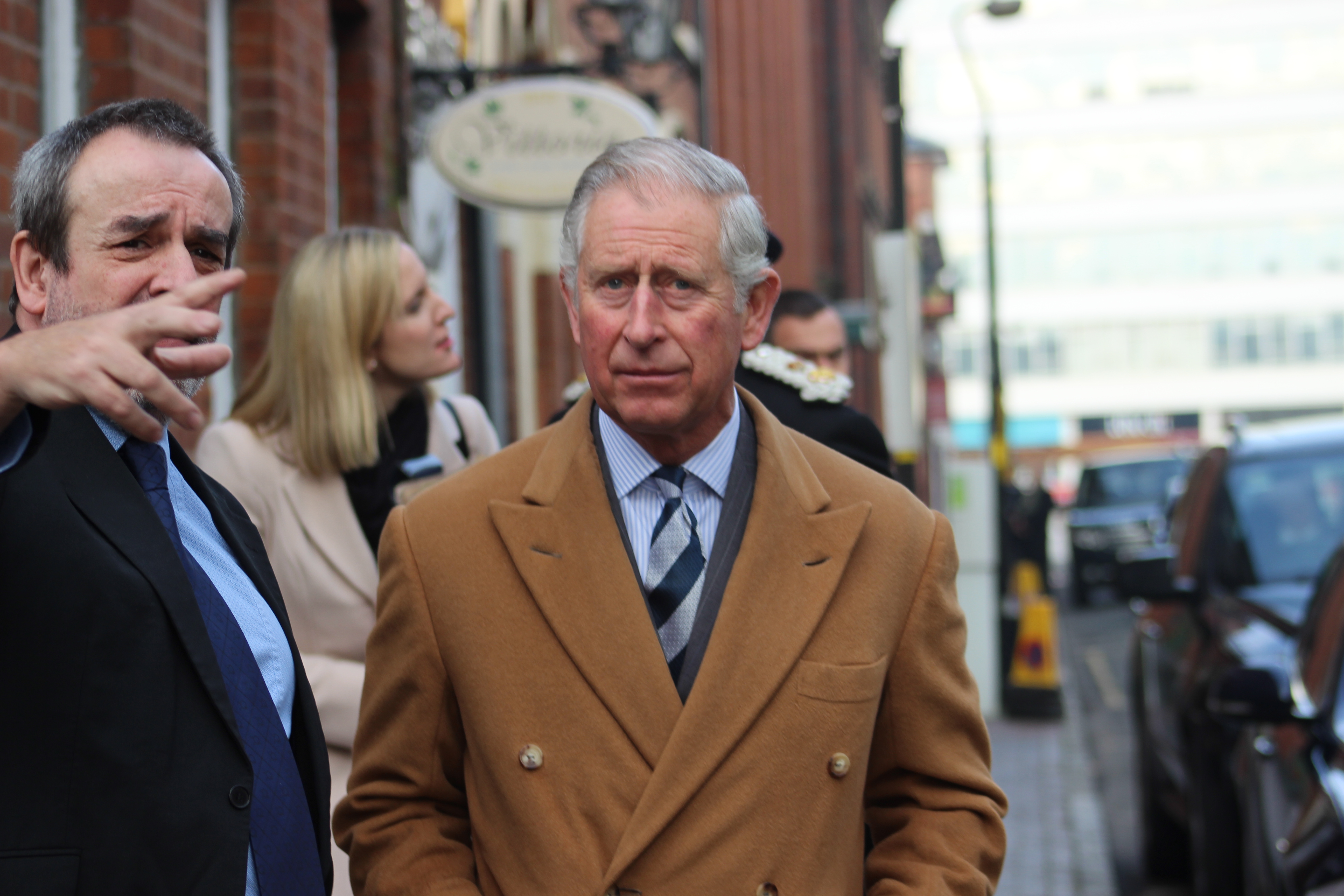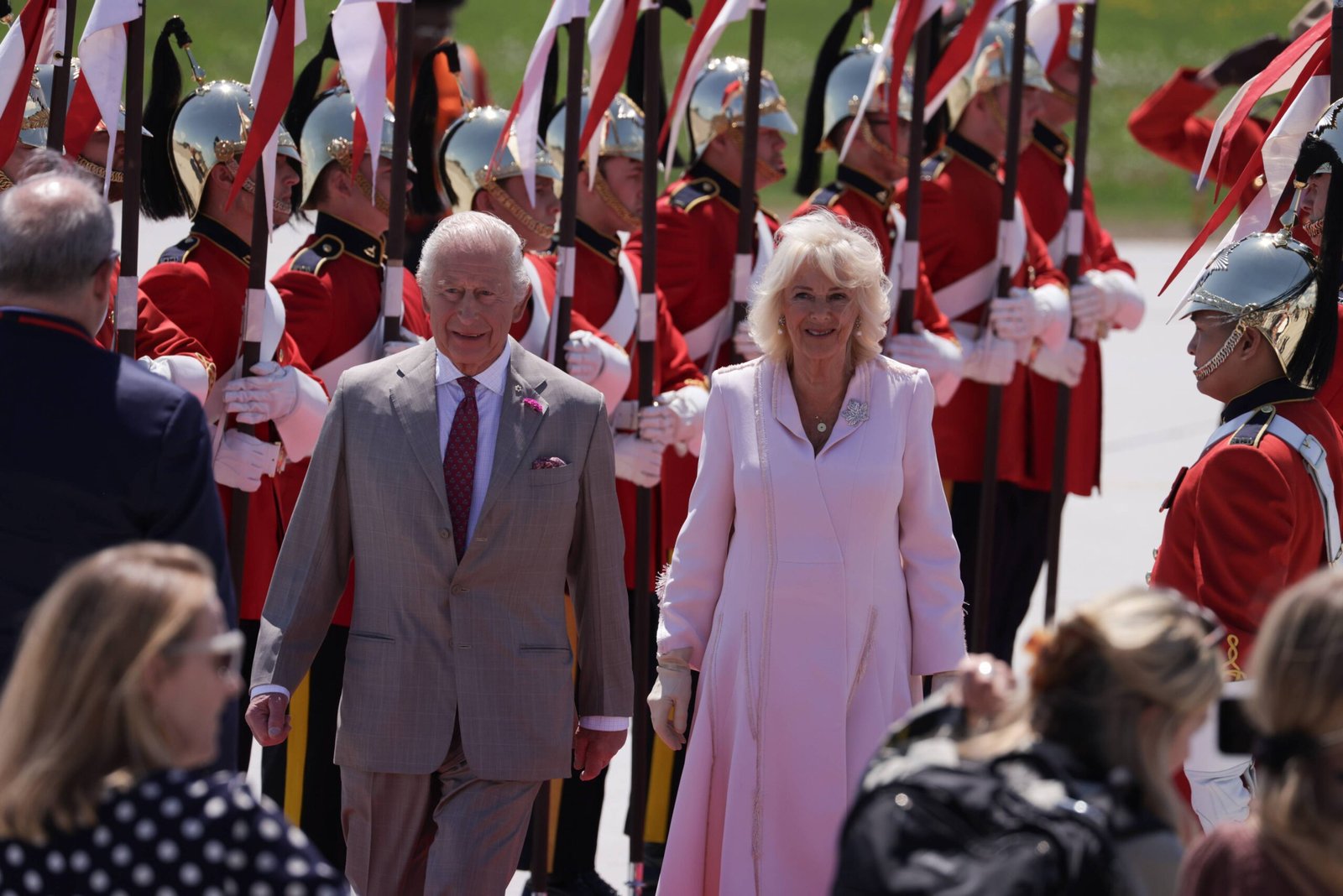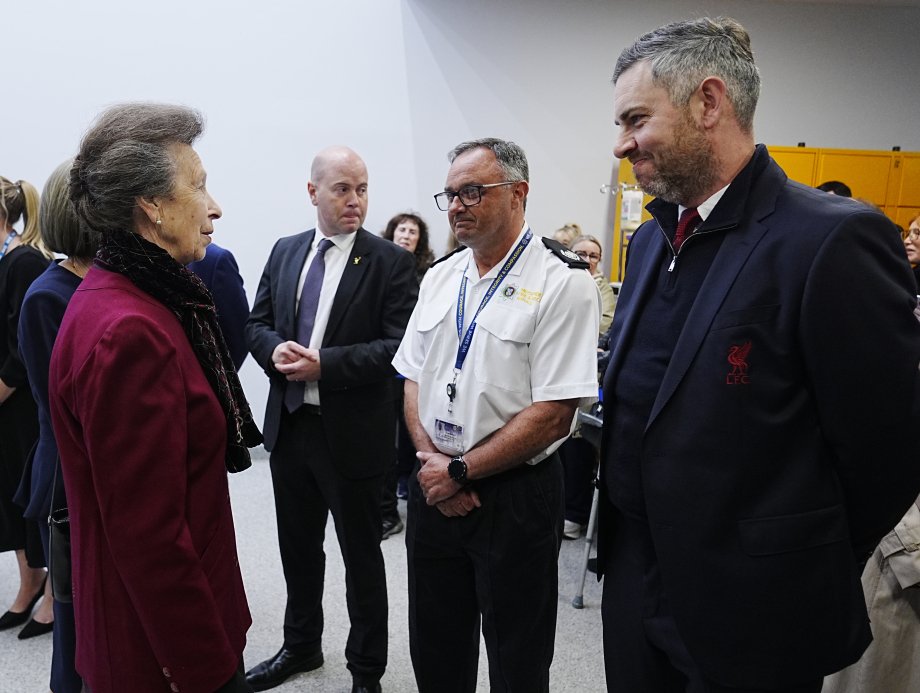To mark his 67th birthday, Prince Charles has written an article in support of British farmers for Country Life magazine.
The Prince of Wales is a passionate supporter of farms and homegrown crops, and speaks of the tough economic climate for the agricultural sector, and calls upon the public to buy British homegrown produce.
“There is no question in my mind that farming and rural communities are under immense pressure, to an extent perhaps unprecedented in my lifetime.
“It is all too easy to overlook, or perhaps merely to forget, just how much we depend on our family farmers…England alone, for instance, has almost half a million registered rural businesses, with a turnover of £369 billion. Across the UK, the farming and food sectors employ about 3.8 million people.”
In terms of security, environment and prosperity, “we live in an increasingly uncertain world,” writes Charles, who will celebrate his birthday in Perth on Saturday. “That is why we need to do everything we can to keep our farmers farming, and our agricultural land in good, productive and environmentally-friendly condition. There is simply too much at stake to do anything else.”
The Prince goes on to encourage buying locally, and homegrown if possible: “On a sufficient scale the purchasing decisions of individuals can and do change markets.
“Those of us who care enough about the grave situation facing our farmers and rural communities really can help by buying British food whenever we can.
“In doing so, we are also more likely to be getting fresh, high quality produce from a known and trusted source, offering good value for money. It seems to me that the key is to make it as easy as possible for people to know when they are buying British—and why that is a good choice.”
Charles’ Countryside Fund has distributed more than £6 million in grants and emergency funding since being set up in 2010. He hopes that the training and apprenticeship programmes will prove beneficial in bolstering the workforce in this sector, whilst educating children about farms and where there food comes from will help them make informed choices about their diet and lifestyle, whilst considering the agricultural sector.
“A challenge which is of increasing interest to The Countryside Fund is improving digital and IT skills. This is an uncomfortable area for many, and it is no surprise that a third of rural businesses lack even basic online skills. This, together with the continued lack of rural connectivity in some areas, can place them at a significant disadvantage.
Dairy, and milk in particular, have suffered with low prices paid by supermarkets and distributors, with Prince Charles’ Countryside Fund providing a programme which “involves benchmarking of farm production costs, knowledge-sharing through a local network and participation in a range of technical workshops—including a course that the farmers intriguingly call ‘Manage Your Bank Manager’, which for some reason seems to be very popular!”
A similar scheme, will also be launched for beef and sheep farmers, Charles announced.
Often branded outspoke, the Prince demonstrates his passion for supporting the economy through our farmers: “I make no apology for seeking to target my own support particularly at small farm businesses. They seem to me to be especially deserving for a number of reasons, not least because they are often family businesses, with all that that means for continuity through the generations, and for the diverse contributions they make to the rural communities of which they are such an important part.”
“This is why I am so keen that all of us who know and love the countryside should take every opportunity to explain the full contribution that family farms make to rural society —whether through school visits, community talks or, indeed, articles such as this, and before it is too late.
“So, however ‘efficient’ it may seem,” Charles notes, “is it really sensible to rely on very small numbers of huge, industrial-scale farms, dairies and abattoirs etc. to service vast areas of the country? The old adage of not putting all your eggs in one basket still seems to me to have a lot to recommend it,” speaking of the denetic diversity in smaller farms, as well as the often rare or local breed.
The University of Exeter is also to help the Prince and his cause, the article announces: Exeter “has agreed to undertake a piece of research looking in detail at the consequences of not supporting small farms. They will look at the extent and pace of change in the number of small farm businesses, explore the consequences on food production, the rural economy and the countryside if these businesses are not helped to remain viable, and assess the role these smaller farms might play in responding to contemporary challenges. I shall be fascinated to see what this research shows, as I am sure will many others—on all sides of the debate.”
“It seems to me that one of the great challenges we face in today’s world is how best to balance efficiency with the all-important cultural and aesthetic aspects of our existence—the things that ultimately make our lives truly worthwhile and provide a sense of meaning and belonging in an uncertain world. This may be considered merely romantic but, to me, our living, breathing, working countryside is one of the great glories of this country. I think we should treasure it, including its people, while we still can.”
Mark Hedges, editor of Country Life said: “He’s the countryside champion. He’s in a very special position. Unlike many people who sit in London and wonder what’s happening in the countryside, he goes out and visits places. He’s sees what’s happening on the ground. Farming is in absolute turmoil at the moment.”
Read the full article here. Country Life is available to buy on Wednesday 11th November.










